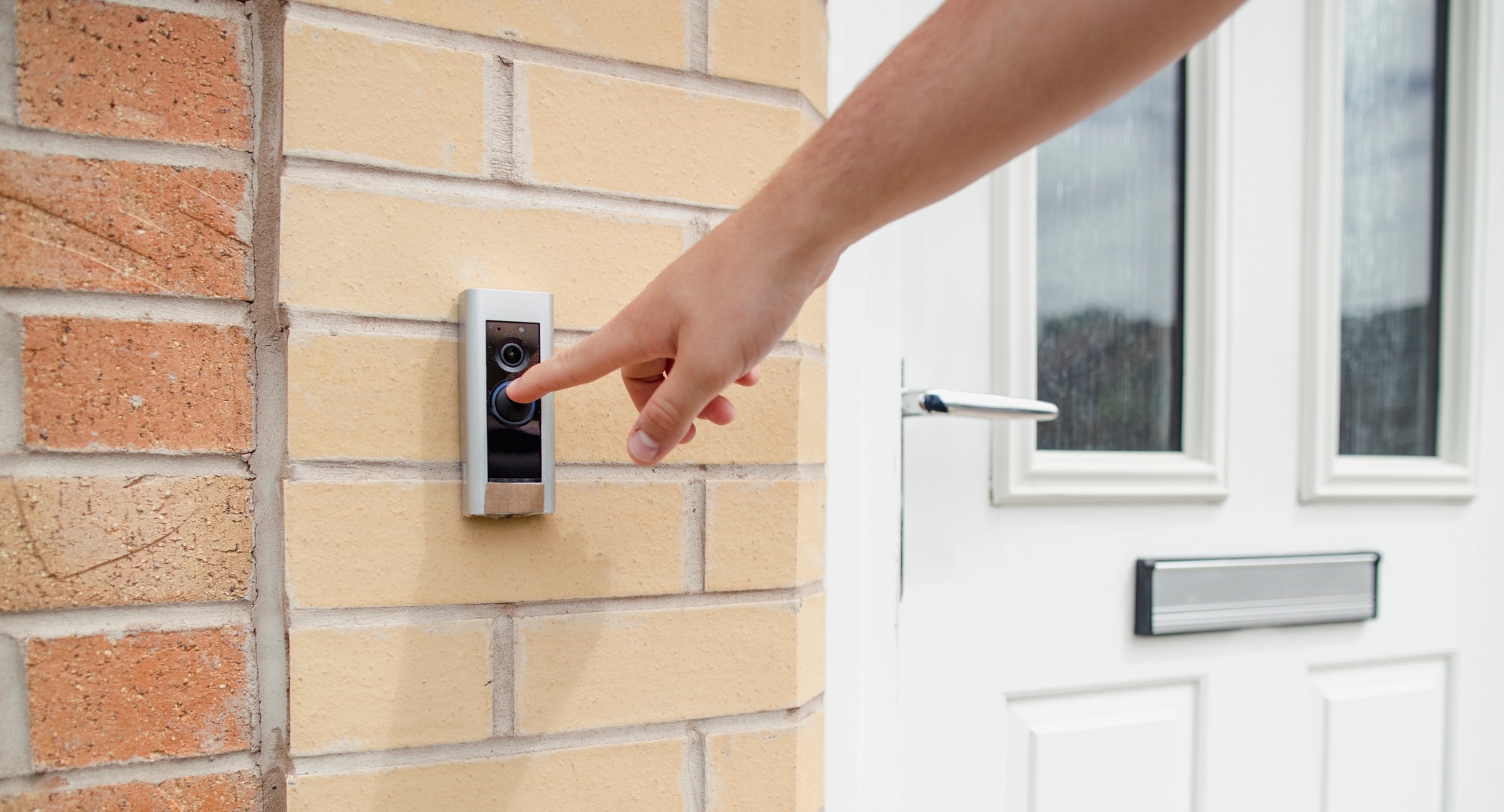
If you’ve noticed your escrow payments creeping up or received a reassessment notice in the mail, you’re not alone. In 2025, many homeowners across the country are facing rising property tax bills. Driven by booming home values, municipal budget shortfalls, and inflation-related cost increases, this shift is leaving homeowners scrambling to adjust.
While property taxes fund important services—think schools, fire departments, and public works—they can also catch homeowners off guard, especially if you weren’t budgeting for a spike. The good news? You don’t have to be blindsided. Preparing for a property tax hike starts with understanding how and why they’re calculated.
How Property Taxes Are Calculated
Property taxes are based on the assessed value of your home and the local tax rate, often expressed as a percentage or per-thousand-dollar amount. That means if your county reassesses your property and determines it has increased in value—even if you haven’t renovated or sold—your tax bill can rise, sometimes significantly.
Different municipalities assess value differently, and some reassess every year, while others may only do so every few years. Local budget needs also impact the tax rate. If your city is building new infrastructure or struggling with inflationary costs, those increases may be passed on to property owners.
Signs Your Property Taxes Are About To Go Up
You may be able to predict a tax increase before the bill arrives. If homes in your neighborhood are selling well above their previous value, your property’s reassessment is likely on the horizon. Watch for city council meetings discussing budget shortfalls or referendums for school improvements. These often signal a tax rate change.
Additionally, if you receive a notice that your home’s assessed value has changed, that’s a strong indicator your next tax bill could rise, especially if the value jumps significantly from one year to the next.
Budgeting for the Increase
If you’re not prepared for a sudden $500 to $1,500 hike in your annual bill, it can put a real strain on your finances. Start by reviewing your escrow account if you have a mortgage. This is where most property taxes are paid from. If your property taxes go up, your mortgage servicer may increase your monthly payment to cover the difference.
Plan ahead by building a buffer into your monthly housing costs, even if your current payments haven’t gone up yet. A good rule of thumb is to save an extra $50–$100 per month if you live in a hot housing market or an area undergoing rapid development.
Appeal Your Assessment If It’s Too High
Most counties offer a window to appeal your property’s assessed value. This can be worth your time, especially if your home’s value was overestimated. If similar homes in your area sold for less, or if your property has major flaws that weren’t factored in, you could have a strong case.
Gather evidence like recent comparable sales, photos of the property, and records of recent repairs or damages. Filing an appeal doesn’t guarantee a reduced bill, but many homeowners successfully lower their tax liability each year through this route.
Consider Exemptions and Relief Programs
States and municipalities often offer tax relief programs that many homeowners overlook. If you’re a senior citizen, a veteran, or living on a fixed income, you may qualify for a property tax exemption or freeze. Even general homestead exemptions can reduce the taxable portion of your home’s value, trimming your annual bill.
These programs often require applications, sometimes annually, and they aren’t always well-publicized. Reach out to your local assessor’s office or property tax division to see what’s available in your area.
Reassess Your Home Insurance
A tax hike might be the catalyst for revisiting your total monthly housing costs. Home insurance premiums are also climbing, and when bundled with rising taxes, you could be overpaying. Now’s a good time to compare insurance quotes and consider increasing your deductible to bring down your premium. Some companies even offer loyalty or bundling discounts that make switching worthwhile.
If you’re already feeling the squeeze, even saving $30–$50 per month on insurance can ease the financial pressure of a rising property tax bill.
Adjust Your Financial Priorities
A property tax hike is often a wake-up call to review your financial landscape. If your housing costs are beginning to exceed the 30% rule of thumb for affordability, it might be time to make tough decisions, whether that’s delaying a renovation project, refinancing, or even exploring renting out a portion of your home to offset costs.
For some, it may even spark a decision to downsize or move to a more tax-friendly location. Property taxes can differ dramatically by county and state, so if you’re nearing retirement or want more financial flexibility, relocating might be a strategic choice.
Think Long-Term About Real Estate
It’s easy to resent a higher tax bill, but try to see it through a long-term investment lens. If your home is worth more, that’s equity in your pocket, especially if the value continues to rise. In most cases, a higher assessment means your home has appreciated, which could work in your favor when it comes time to sell or refinance.
That said, appreciation only helps if you can afford to hold onto the property. Rising taxes, insurance, and upkeep can turn a dream home into a financial burden if you’re not planning ahead. The key is to balance your love for your home with the realities of what you can afford to maintain over the long haul.
Have your property taxes gone up recently? How are you adjusting your budget—or are you considering a bigger lifestyle shift to keep housing affordable?
Read More:










